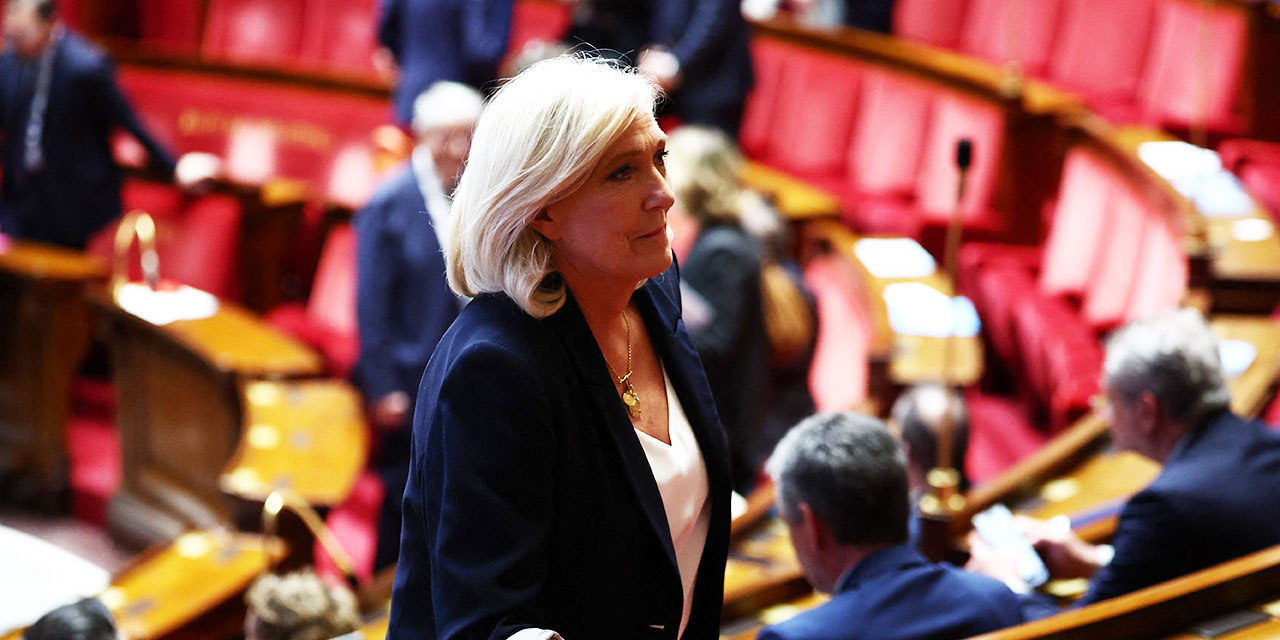The slaughter of filmmaker Theo Van Gogh on the streets of Amsterdam, in broad daylight, by a young man of Moroccan origin bent on jihad, has at last dented Dutch confidence that unconditional tolerance can be on its own the unifying principle of a viable society. For tolerance to work, it must be reciprocal; tolerance appears to the intolerant jihadist mere weakness and lack of belief in anything. Unilateral tolerance in a world of intolerance is like unilateral disarmament in a world of armed camps: it regards hope as a better basis for policy than reality.
Like most people in Western democracies, Van Gogh, by all accounts a brash and combative man, took his freedom of expression for granted. Most of us most of the time do not reflect much on the fact that such freedom is an historical exception rather than an historical rule, a reversible achievement rather than a free gift of God. There are still many who would rather kill than brook any contradiction of their opinions or beliefs, even while they live in the most tolerant of societies.
But why kill Theo Van Gogh, of all the people who have expressed hostility to radical Islam? Perhaps it was mere chance, but more likely it resulted from his work’s exposure of a very raw nerve of Muslim identity in Western Europe: the abuse of women. This abuse is now essential for people of Muslim descent for maintaining any sense of separate cultural identity in the homogenizing solution of modern mass society.
In fact, Islam is as vulnerable in Europe to the forces of secularization as Christianity has proved to be. The majority of Muslims in Europe, particularly the young, have a weak and tenuous connection to their ancestral religion. Their level and intensity of belief is low; pop music interests them more. Far from being fanatics, they are lukewarm believers at best. Were it not for the abuse of women, Islam would go the way of the Church of England.
The abuse of women has often, if not always, appealed to men, because it gives them a sense of power, however humiliated they may feel in other spheres of their life. And the oppression of women by Muslim men in Western Europe gives those men at the same time a sexual partner, a domestic servant, and a gratifying sense of power, while allowing them also to live an otherwise westernized life. For the men, it is convenient; interestingly, but perhaps not surprisingly, almost the only openly hostile expressions toward Islam from British-born Muslims that I hear come from young women, some of whom loathe it passionately because they blame it for their servitude.
Religious sanction for the oppression of women (whether theologically justified or not) is hence the main attraction of Islam to young men in an increasingly secular world. This explains why a divide often opens between brothers and sisters in the same European Muslim family; the sisters want liberty, but the brothers enforce the old rules. They have to, or the whole gratifying system breaks down.
This, I suspect, is the source of the rage against Theo Van Gogh.



